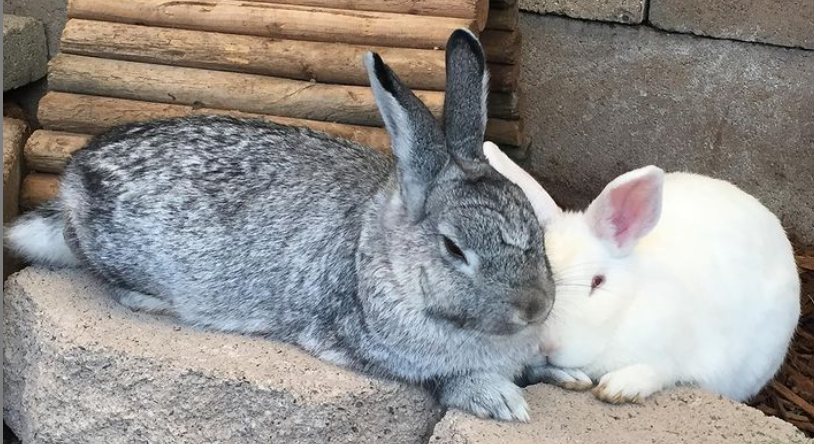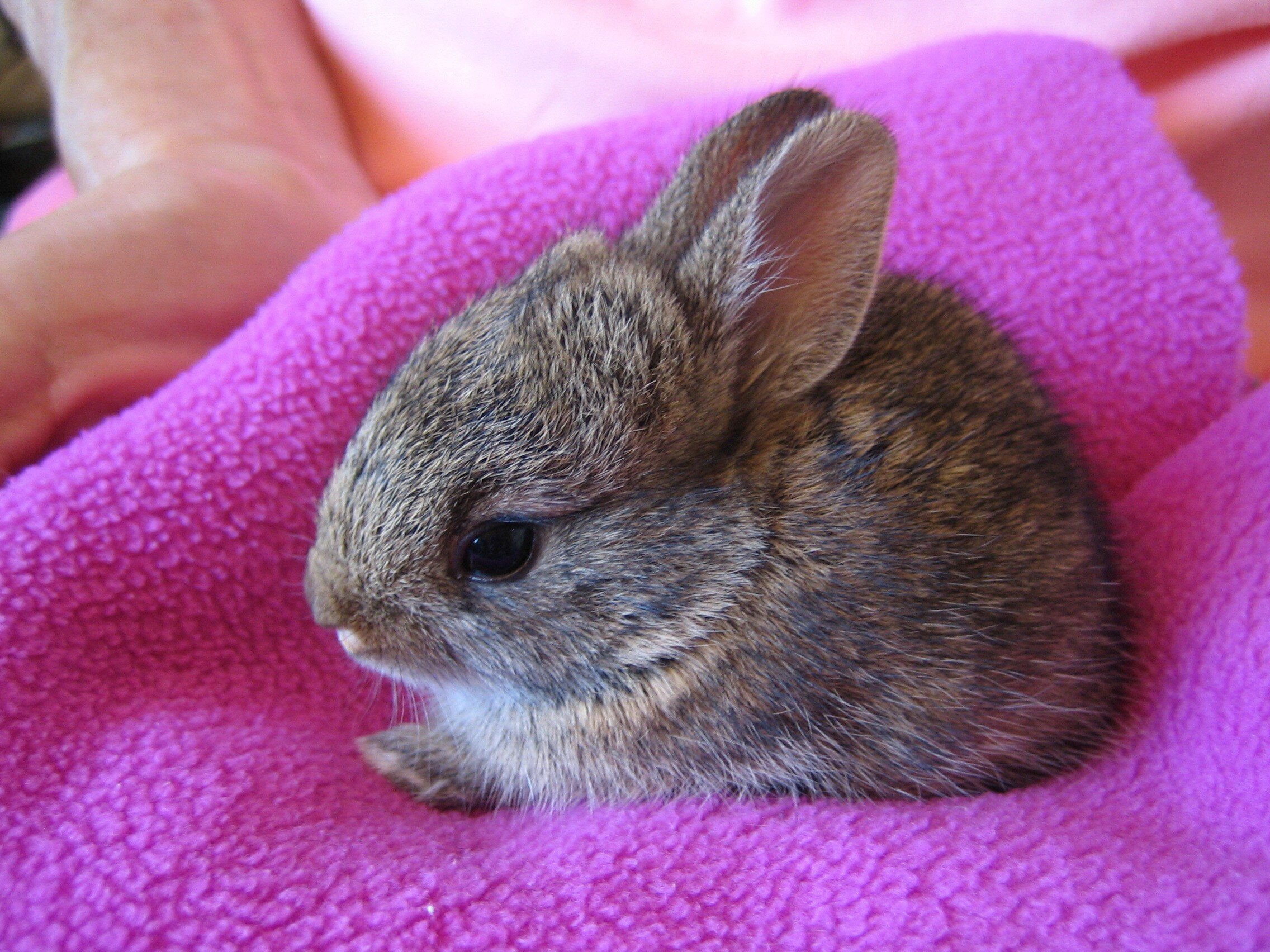Is Now the Time for a New Friend? - The Carrot Tribune - January 2021
In this issue…
Is Now the Time for a New Friend?
Bunny and Guinea Pig of the Month
Help I Found a Wild Bunny!
Happy 2021
Please note, we're still closed to public due to Covid-19. We're looking forward to reopening the shelter, restarting Hoppy Hour, and holding Basic Bunny and Guinea Pig classes again. Until it's safe to do so, we are here for the rabbits and guinea pigs and for bunny and piggie parents.
Is Now the Time for a New Friend?
Have you been considering finding a friend for your rabbit? BUNS is ready to help.
We provide free, low-contact services that allow your rabbit to meet (aka "date") rabbits at the shelter. Call us today to discuss the possibilities.
Contact us at (805) 683-0521 or info@bunssb.org.
The House Rabbit Society has a great article about the benefits of bonded rabbits. Read it at: https://rabbit.org/better-with-two/
Bunny of the Month
Mrs. Mellow is mellow at times, but this shy little fluff ball can be lively, too! When she is on the move, she is a joy to watch, with her adorable semi lop ears working overtime, as they go every which way! She is a beautiful bunny with a soft coat and a nice mix of Lop and Lionhead, helping to give her such a striking appearance.
Mrs. Mellow is hoping to start the new year off right with a loving forever home!
Meet our Guinea Pig of the Month!
Help! I found a wild bunny!
Wild in the Streets
Wild bunnies may look like they need our help but often do not. Before you rush to the rescue, consider that you may be “kidnapping” with the best of intentions.
Young bunnies begin to leave the nest at 2-3 weeks when they are 4”-5” long. They start nibbling natural foods as they explore. By 3-4 weeks of age, when they are 5”-7” long, they are weaned. By 5 weeks of age they are independent. Instinctually, rabbits freeze in place once they detect a predator (you). Unless you can see an injury or see that the bunny doesn’t move as it should, it is probably fine.
If your cat or dog brings you a bunny, it probably needs rescue. Bunnies will fight to avoid capture using claws, leaps and darting changes of direction. The struggle may cause tiny skin punctures, crushing injuries or nerve damage. The bunny may be exhausted and terrified. (Photo, Baby Wild Bunny)
If you find a nest with babies leave them alone. Their nest is shallow, fur and grass lined depression in the earth or sometimes pots and planters. Grass and leaves may cover the nest. Wild bunnies do not burrow like domestic bunnies.
In order not to draw predators, wild mothers don’t spend time at the nest. The mother visits the nest twice a day, often at dawn and dusk. She nurses quickly, grooms the babies and leaves. The babies do not need their mother to keep themselves warm.
Re-cover the nest with grass and leaves. Leave a tic-tac-toe pattern of light twigs or string on top. The mother will still feed the babies if she smells our scent. The next day you can tell if the pattern was disturbed by the mother. If the pattern is undisturbed for 12-24 hours, the babies need rescue.
Remember “Warm, Dark and Quiet” if a bunny or wild critter needs rescue. Line a box with soft, warm materials, add the bunny and a secure lid. Place in the quietest part of the house. No peeking by friends or family. Don’t give food or water. The bunny might inhale the water which adds stress.
Please contact a licensed rehabilitation organization right away. The bunny will be cared for and nurtured until it can be returned to the wild.
Santa Barbara Wildlife Care Network
1460 N. Fairview Avenue
Goleta, CA 93117
(map)
Wildlife Care Network Rescue Hotline: (805) 681-1080
Happy New Year!
YAY! 2021 is here!
The bunnies are safe with the RHD vaccine available through BUNS!






